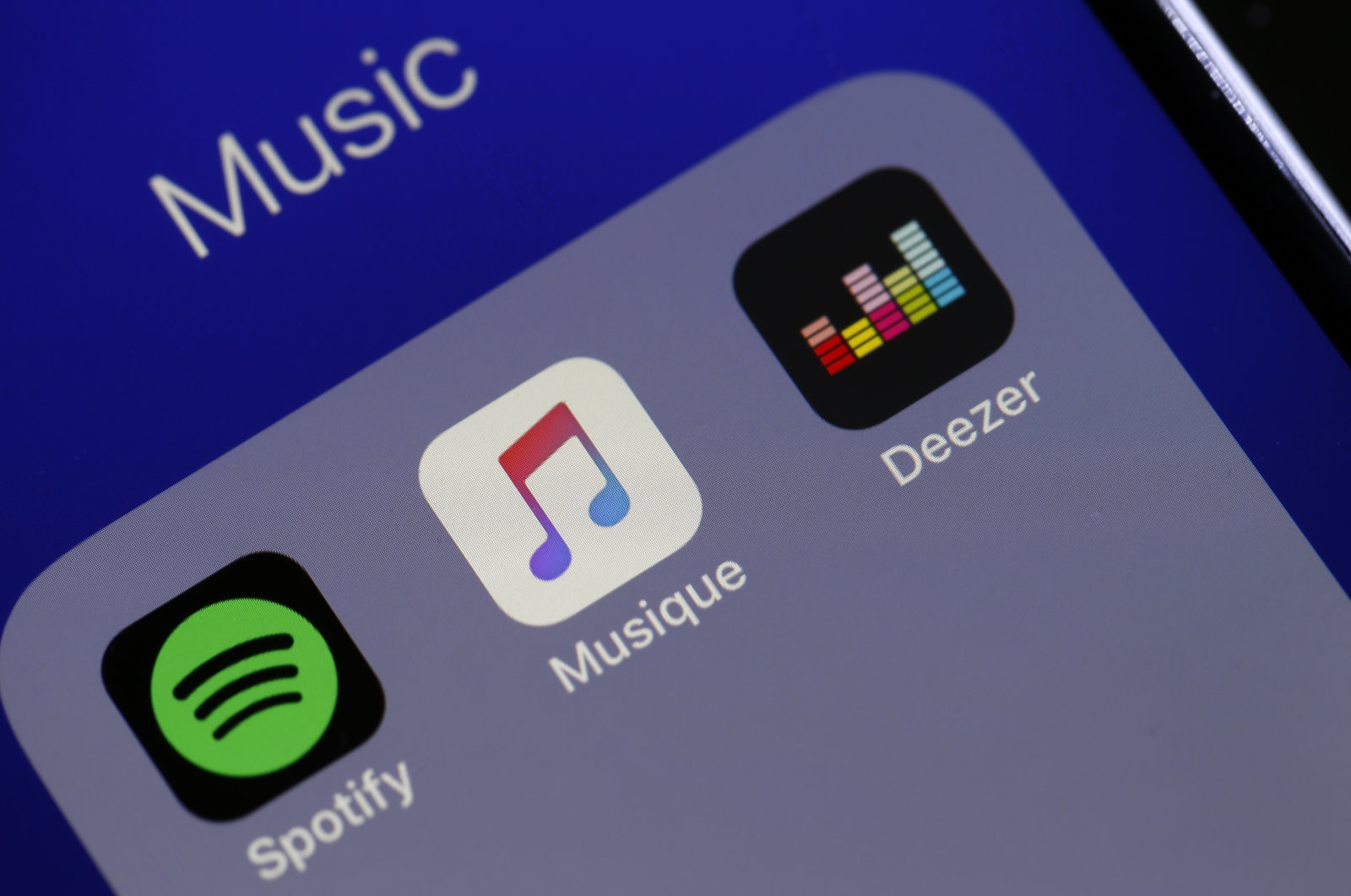Logic would suggest that music downloads and streaming are good for the environment. You’re not buying physical copies, right? Not so fast — there’s a chance things could be worse. Researchers have published a study suggesting that greenhouse gas emissions are higher now than they were when physical media was all the rage. While going digital has reduced the amount of plastic, the combination of extra power demands and the sheer popularity of music (you can listen to virtually anything for $10 per month, after all) may have offset other gains. Where vinyl produced 346 million pounds of greenhouse gasses at its height in 1977, downloads and streaming are estimated to pump out 441 million to 772 million pounds.
The publicly available data leaves some questions. It’s not clear that the findings account for savings from reduced transportation costs, packaging and other savings that come when the music doesn’t have to physically travel somewhere. This also doesn’t account for multitasking. If you’re listening to music while you’re already at your computer, for instance, you’re not really using significantly more power than you would otherwise.
As it stands, the researchers aren’t calling for people to go back to spinning records. Rather, they want you to think about your power use and choose services that minimize their effect on the planet. They also hope this could foster alternatives that are more sustainable without sacrificing the convenience you expect from on-demand tunes.
(43)

